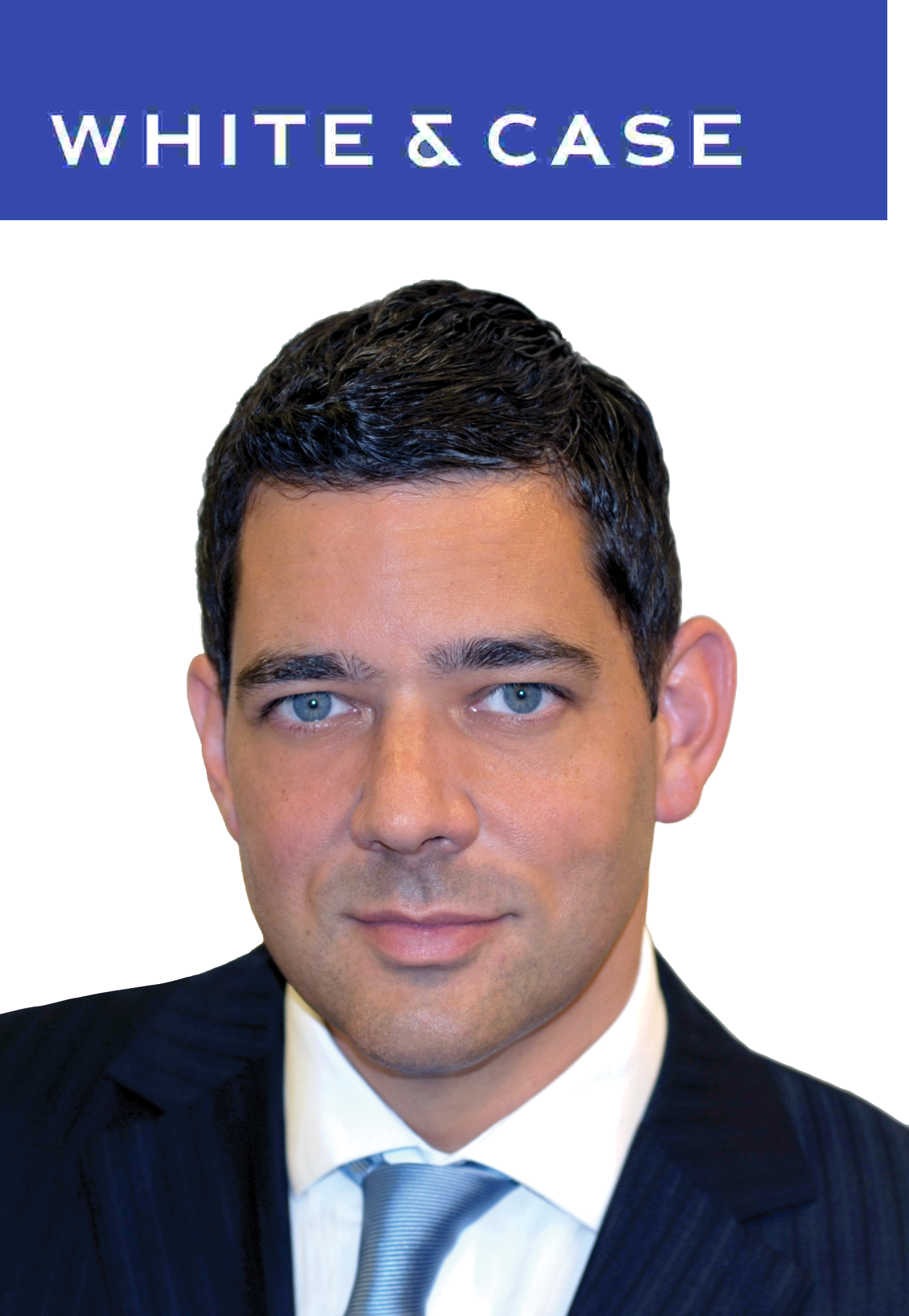September 4, 2013 – Maria Parra-Orlandoni
Isabella Henriques, director of Brazilian NGO Instituto Alana, and Veet Vivarta from Brazilian NGO Brazilian News Agency for Children’s Rights (ANDI) have just edited and released a book entitled Food Advertising and Children – Regulation in Brazil and the World (Publicidade de alimentos e crianças: regulação no Brasil e no mundo), which analyzes the local and global regulatory policies of food advertising, comparing the initiatives of different countries.
About the Book
The book, which is a collection of essays, was published through a joint effort by Instituto Alana, ANDI, and LIDS. LIDS’ major contribution was conducting comparative research involving seven selected countries: Canada, Australia, United States, European Union, Sweden, France, Germany, and United Kingdom.
Aimed at legal professionals and public administrators, the collection of essays seeks to inform and encourage the adoption of effective measures to protect children from the negative effects of food advertising in Brazil and elsewhere. “Knowing the way other countries are dealing with the issue of advertising of food and non-alcoholic beverages is essential for the construction and implementation of the Brazilian legal bases,” writes Henriques.
The book meets Instituto Alana and ANDI’s objectives of promoting children’s rights through media, which is a goal that requires accounting for the economic interests of large industries. The hope is that focusing on children’s advertising helps boost responsible consumerism from and early age. In the case of ads for foods with high-caloric content or low nutritional value, addressing children’s advertisement becomes a matter of public health due to the growing obesity epidemic among Brazilian children.
The first part of the book creates the proper context by exploring the current situation of Brazil, the laws in place, the self-regulatory agreements, and the reinforcement of statutes, bills, and relevant regulatory guidelines. It also discusses the challenges and prospects for regulation in the country, as well as the need for joint action from social organizations, schools, businesses, and governments to protect children.
The book later features an analysis by Professor Corinna Hawkes, a key actor in the public policy agenda in the United States and president of the Group of Experts in Food Marketing for Children, at the World Health Organization. Hawkes writes about food marketing to children in the world, the policies that have been created on the subject, and the policies’ consequences.
Food Advertising and Children – Regulation in Brazil and the World is available in Brazilian bookstores. It is also available through the publisher’s web site (www.livrariasaraiva.com.br) or by phone (55 (11) 4003-3390).
About Instituto Alana and ANDI
Instituto Alana promotes critical awareness about product and services consumption practices by children in Brazilian society. ANDI is one of the leading NGOs in Latin America working at the intersection of media and development.




